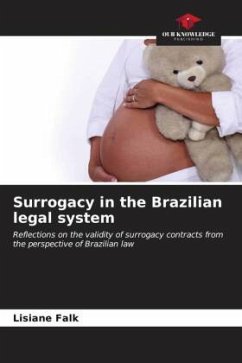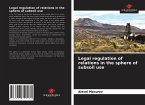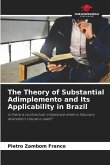The gestation of a life by another person has always been a controversial issue. The fact that we are dealing with a subject that generates a lot of controversy because it involves the production of life by means of assisted reproduction techniques requires legal professionals to be sharp, as it is a field rich in interpretations under the aegis of different ideologies. At the heart of the controversy are ethical and scientific issues; there are redefinitions of the filiation of a child fertilised in an outsourced uterus. More studies need to be carried out on the temporary uterus transfer contract, because there is no specific legislation for this purpose. To this end, a research problem was formulated to guide the study, in the form of a question: is there legal protection so that the use of this technique does not become indiscriminate? Following on from the study, as well as needing more legal protection, there are various implications on the subject, which will be analysed throughout the work. The general objective is to research the importance of the contract and the creation of laws for the temporary use of the uterus in order to minimise conflicts over the child's filiation.
Bitte wählen Sie Ihr Anliegen aus.
Rechnungen
Retourenschein anfordern
Bestellstatus
Storno








